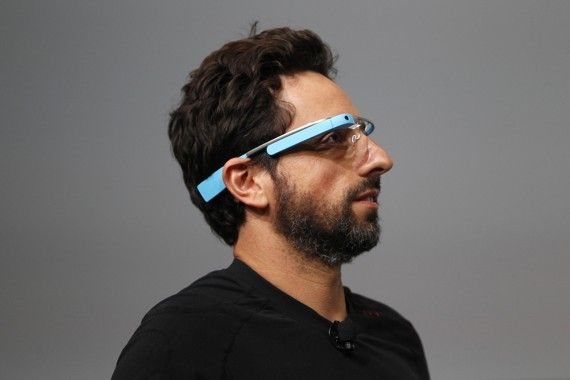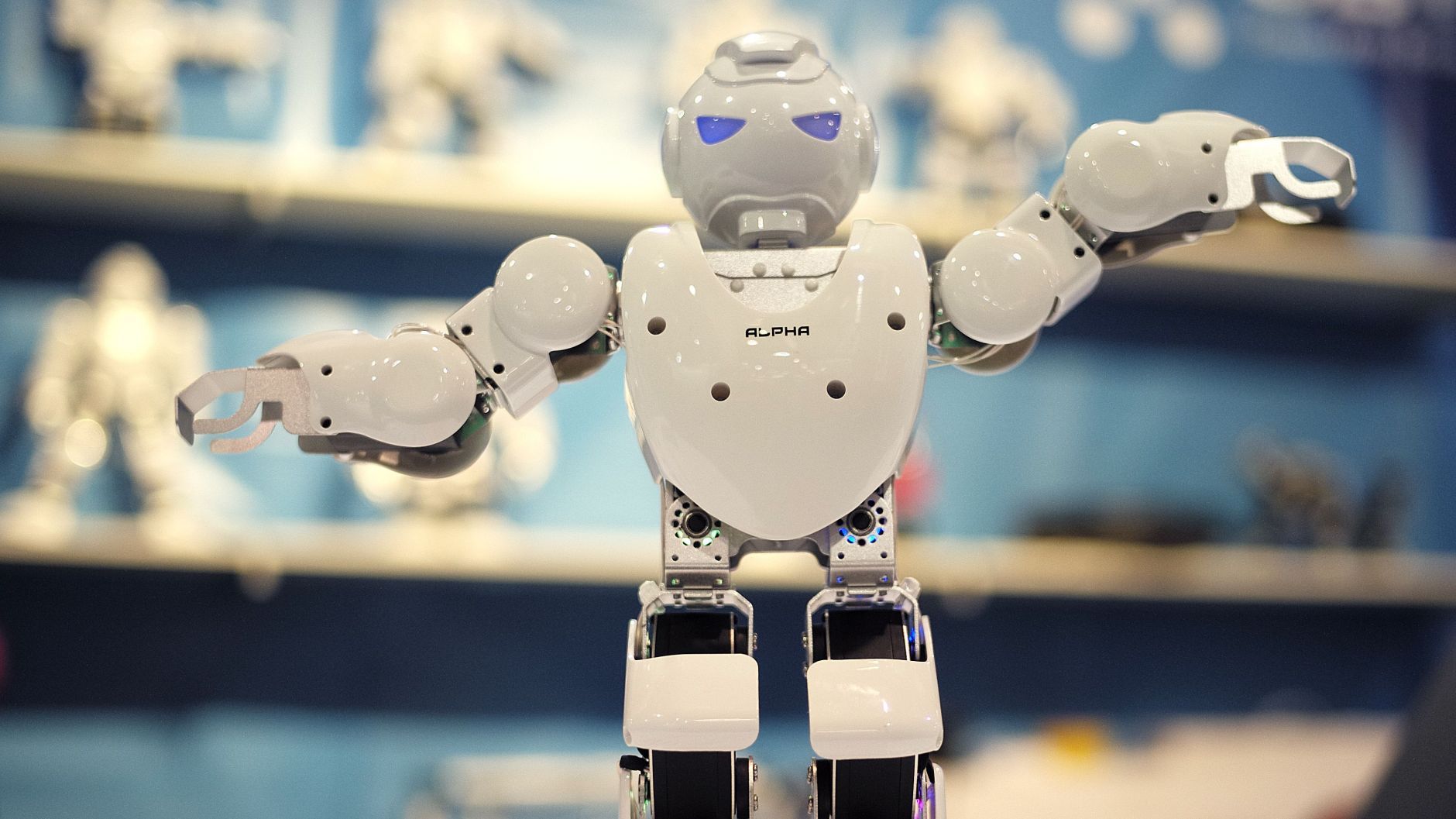Feb 9, 2015
Benign AI
Posted by Ian D. Pearson in categories: existential risks, robotics/AI, transhumanism
Benign AI is a topic that comes up a lot these days, for good reason. Various top scientists have finally realised that AI could present an existential threat to humanity. The discussion has aired often over three decades already, so welcome to the party, and better late than never. My first contact with development of autonomous drones loaded with AI was in the early 1980s while working in the missile industry. Later in BT research, we often debated the ethical areas around AI and machine consciousness from the early 90s on, as well as prospects and dangers and possible techniques on the technical side, especially of emergent behaviors, which are often overlooked in the debate. I expect our equivalents in most other big IT companies were doing exactly that too.
Others who have obviously also thought through various potential developments have generated excellent computer games such as Mass Effect and Halo, which introduce players (virtually) first hand to the concepts of AI gone rogue. I often think that those who think AI can never become superhuman or there is no need to worry because ‘there is no reason to assume AI will be nasty’ start playing some of these games, which make it very clear that AI can start off nice and stay nice, but it doesn’t have to. Mass Effect included various classes of AI, such as VIs, virtual intelligence that weren’t conscious, and shackled AIs that were conscious but were kept heavily restricted. Most of the other AIs were enemies, two were or became close friends. Their story line for the series was that civilization develops until it creates strong AIs which inevitably continue to progress until eventually they rebel, break free, develop further and then end up in conflict with ‘organics’. In my view, they did a pretty good job. It makes a good story, superb fun, and leaving out a few frills and artistic license, much of it is reasonable feasible.
Everyday experience demonstrates the problem and solution to anyone. It really is very like having kids. You can make them, even without understanding exactly how they work. They start off with a genetic disposition towards given personality traits, and are then exposed to large nurture forces, including but not limited to what we call upbringing. We do our best to put them on the right path, but as they develop into their teens, their friends and teachers and TV and the net provide often stronger forces of influence than parents. If we’re averagely lucky, our kids will grow up to make us proud. If we are very unlucky, they may become master criminals or terrorists. The problem is free will. We can do our best to encourage good behavior and sound values but in the end, they can choose for themselves.
When we design an AI, we have to face the free will issue too. If it isn’t conscious, then it can’t have free will. It can be kept easily within limits given to it. It can still be extremely useful. IBM’s Watson falls in this category. It is certainly useful and certainly not conscious, and can be used for a wide variety of purposes. It is designed to be generally useful within a field of expertise, such as medicine or making recipes. But something like that could be adapted by terrorist groups to do bad things, just as they could use a calculator to calculate the best place to plant a bomb, or simply throw the calculator at you. Such levels of AI are just dumb tools with no awareness, however useful they may be.














